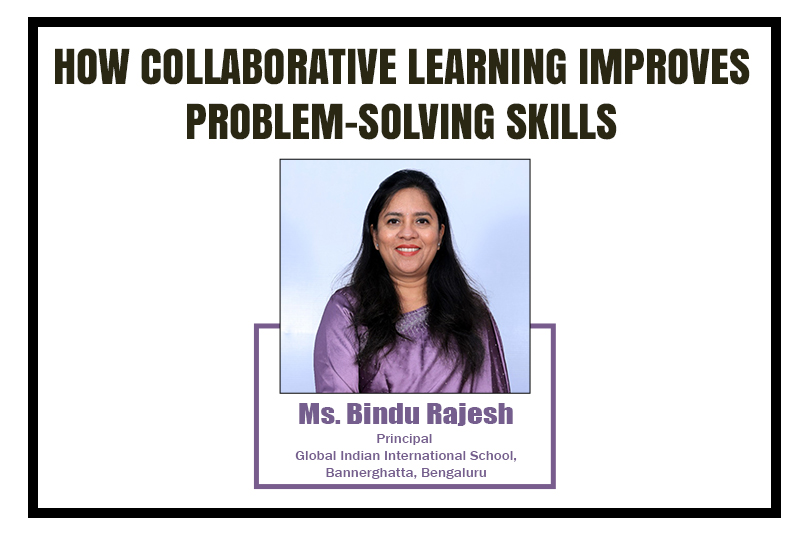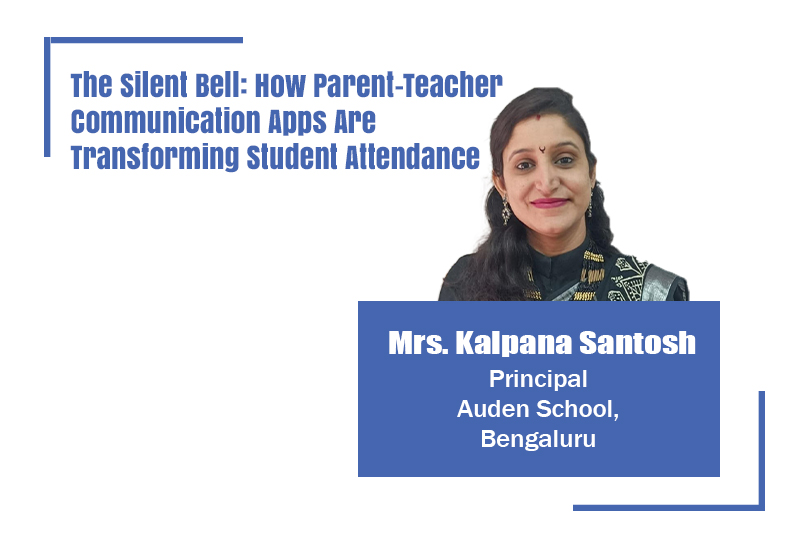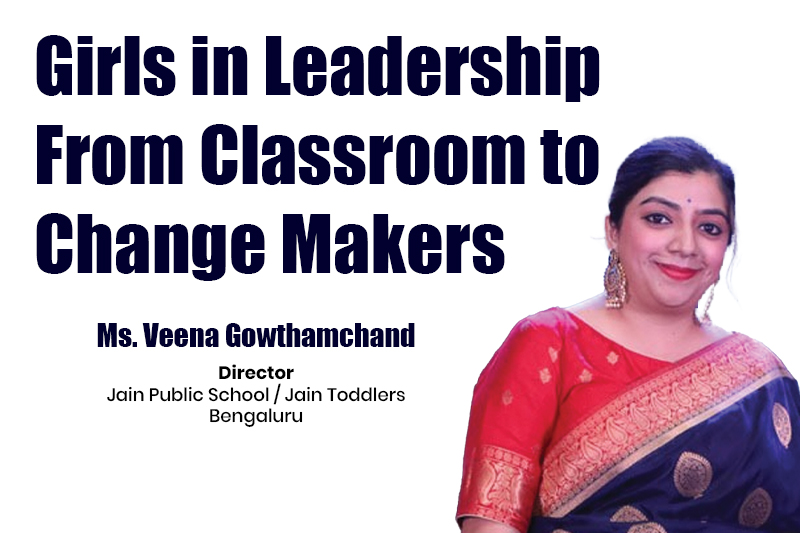Degrees vs. Skills in 2025: What Today’s Employers Truly Look for in Candidates
There was a time, not too long ago—when a college degree served as your all-access pass to the professional world. Hang it on the wall, list it on your resume, and it often guaranteed a job interview, if not the job itself. For decades, degrees symbolized intelligence, commitment, and job readiness. But in today’s rapidly evolving economy, the rules have changed.
In the age of digital transformation, automation, and AI in recruitment, employers ask a different, more pointed question: “What can you actually do?” The spotlight is shifting from credentials to capabilities. Whether you're eyeing a role in data science, marketing, engineering, or customer support, it’s no longer enough to show that you studied a subject—you need to prove you can apply it with real-world skills.
Degrees still matter, but they are no longer the gatekeepers of opportunity. The new currency of the job market? Skills.
A large-scale analysis of more than 11 million UK job listings from 2018 to 2024 highlighted a clear trend: mentions of university degree requirements for AI-related jobs dropped by 15%, even as demand for those roles increased by 21%. The message is clear: employers are prioritizing capability over credentials, marking a move toward skills-based hiring in 2025.
It’s not just tech jobs either. Fields like manufacturing, healthcare, logistics, and digital marketing are adopting a skills-first hiring mindset. Employers are less concerned about where you learned and more about what you know, what you’ve done, and how fast you can learn something new.
Many companies now use AI-driven hiring tools in their recruitment processes—from parsing resumes and evaluating coding tests to running scenario-based simulations. These tools don’t scan for alma maters; they look for skills, achievements, and relevant experience.
Additionally, AI and automation are birthing entirely new categories of work. Think AI ethics consultants, data labelers, machine learning operations (MLOps) engineers, and prompt designers. These roles often require a blend of technical know-how and critical thinking—skills that aren’t always taught in a lecture hall.
The World Economic Forum's Future of Jobs Report (2025) predicts that 39% of core skills across jobs will change by 2030, largely due to the effects of AI and emerging technologies. For both entry-level candidates and seasoned professionals, upskilling for better jobs is no longer optional—it’s essential.
Certifications vs college degree? Certifications from platforms like AWS, Google Cloud, Microsoft, and Coursera are often seen as just as valuable—if not more so—than university degrees.
For example, a candidate with a Google Data Analytics certificate and a strong portfolio may outshine someone with a generic business degree and no hands-on experience.
These are often called "soft skills," but in many ways, they are the hardest to develop—and the hardest to replace with automation.
Employers know that the best team members can not only write code but also explain it, defend it, and adapt it based on team feedback.
A GitHub portfolio, personal website, or case study from a capstone project says far more about your capabilities than a printed degree.
Job seekers are now building credibility through online presence—LinkedIn posts, open-source contributions, or even content on platforms like Medium or Substack.
Hiring managers are drawn to candidates who demonstrate intellectual curiosity, resilience, and a desire to grow.
Lifelong learning importance is underscored by tools like Udemy, edX, Khan Academy, and even YouTube—platforms that have democratized learning and support career growth without a degree.
By dropping rigid degree requirements, employers open doors to a more diverse talent pool—including:
However, this shift isn’t without its challenges. Without a standard benchmark, it can be difficult to evaluate skill levels consistently. That’s where digital credentials, industry-specific certifications, and practical assessments are stepping in to help validate proficiency.
Governments, too, are recognizing the need for change. National programs like the U.S. Department of Labor’s Registered Apprenticeship system, and initiatives from SkillsFuture Singapore and the UK’s Lifelong Loan Entitlement are helping people access affordable, practical learning paths that lead to jobs in high demand.
But the future of learning is likely modular, flexible, and ongoing. You might get a degree—and then pursue certificates, online courses, or micro-credentials throughout your life. You’ll continuously stitch together your learning into a personal, evolving portfolio that reflects who you are and what you’re capable of.
This isn’t about devaluing education—it’s about aligning it with relevance. It's about empowering people to build meaningful careers, regardless of their starting point, and creating a workforce ready to thrive in a world of constant change.
So whether you’re a high school grad, a parent returning to work, or a mid-career professional charting a new path, here’s the truth: you are not limited by your degree. You are defined by your skills.
And in the economy of the future, skills are your superpower.
In the age of digital transformation, automation, and AI in recruitment, employers ask a different, more pointed question: “What can you actually do?” The spotlight is shifting from credentials to capabilities. Whether you're eyeing a role in data science, marketing, engineering, or customer support, it’s no longer enough to show that you studied a subject—you need to prove you can apply it with real-world skills.
Degrees still matter, but they are no longer the gatekeepers of opportunity. The new currency of the job market? Skills.
The Changing Landscape of Employment
The modern workforce is evolving faster than traditional educational institutions can keep up. The job titles we see today—AI prompt engineer, UX researcher, cloud architect, growth hacker—barely existed a decade ago, and many more are emerging just as quickly. These are key examples of future job market trends that demand future job skills 2025.A large-scale analysis of more than 11 million UK job listings from 2018 to 2024 highlighted a clear trend: mentions of university degree requirements for AI-related jobs dropped by 15%, even as demand for those roles increased by 21%. The message is clear: employers are prioritizing capability over credentials, marking a move toward skills-based hiring in 2025.
It’s not just tech jobs either. Fields like manufacturing, healthcare, logistics, and digital marketing are adopting a skills-first hiring mindset. Employers are less concerned about where you learned and more about what you know, what you’ve done, and how fast you can learn something new.
Tech, AI, and the Skills Revolution
One of the biggest drivers of this shift is artificial intelligence (AI). While AI is transforming industries, it’s also changing the way hiring works and what tech skills employers want.Many companies now use AI-driven hiring tools in their recruitment processes—from parsing resumes and evaluating coding tests to running scenario-based simulations. These tools don’t scan for alma maters; they look for skills, achievements, and relevant experience.
Additionally, AI and automation are birthing entirely new categories of work. Think AI ethics consultants, data labelers, machine learning operations (MLOps) engineers, and prompt designers. These roles often require a blend of technical know-how and critical thinking—skills that aren’t always taught in a lecture hall.
The World Economic Forum's Future of Jobs Report (2025) predicts that 39% of core skills across jobs will change by 2030, largely due to the effects of AI and emerging technologies. For both entry-level candidates and seasoned professionals, upskilling for better jobs is no longer optional—it’s essential.
What Employers Are Really Looking For
In an age of information overload and economic unpredictability, businesses want employees who can bring immediate, measurable value. The most sought-after candidates today are not necessarily the most educated in the traditional sense, but the ones who can jump into a problem, navigate uncertainty, and deliver real results.1. Technical Proficiency
High demand job skills include data analysis, software development, cybersecurity, cloud computing, and AI/ML.Certifications vs college degree? Certifications from platforms like AWS, Google Cloud, Microsoft, and Coursera are often seen as just as valuable—if not more so—than university degrees.
For example, a candidate with a Google Data Analytics certificate and a strong portfolio may outshine someone with a generic business degree and no hands-on experience.
2. Human-Centered Soft Skills
Importance of soft skills like adaptability, collaboration, empathy, creativity, and critical thinking is rising across industries.These are often called "soft skills," but in many ways, they are the hardest to develop—and the hardest to replace with automation.
Employers know that the best team members can not only write code but also explain it, defend it, and adapt it based on team feedback.
3. Portfolio and Proof
More than transcripts or GPAs, employers want evidence of what you’ve built or contributed to—real-world talent, not just classroom credentials.A GitHub portfolio, personal website, or case study from a capstone project says far more about your capabilities than a printed degree.
Job seekers are now building credibility through online presence—LinkedIn posts, open-source contributions, or even content on platforms like Medium or Substack.
4. Lifelong Learning Mindset
In an environment of constant change, the ability to learn, unlearn, and relearn is key.Hiring managers are drawn to candidates who demonstrate intellectual curiosity, resilience, and a desire to grow.
Lifelong learning importance is underscored by tools like Udemy, edX, Khan Academy, and even YouTube—platforms that have democratized learning and support career growth without a degree.
Breaking Down Barriers: Skills as a Path to Equity
Perhaps the most exciting consequence of this skills-first shift is greater accessibility.By dropping rigid degree requirements, employers open doors to a more diverse talent pool—including:
- Self-taught developers
- Bootcamp graduates
- Community college students
- Veterans transitioning to civilian roles
- Career switchers from entirely different industries
However, this shift isn’t without its challenges. Without a standard benchmark, it can be difficult to evaluate skill levels consistently. That’s where digital credentials, industry-specific certifications, and practical assessments are stepping in to help validate proficiency.
Governments, too, are recognizing the need for change. National programs like the U.S. Department of Labor’s Registered Apprenticeship system, and initiatives from SkillsFuture Singapore and the UK’s Lifelong Loan Entitlement are helping people access affordable, practical learning paths that lead to jobs in high demand.
Education Isn’t Obsolete — It’s Evolving
To be clear, this isn’t about declaring the death of traditional education. Degrees still matter, especially in professions like medicine, engineering, and law. Universities remain powerful centers for foundational knowledge, critical thinking, and research.But the future of learning is likely modular, flexible, and ongoing. You might get a degree—and then pursue certificates, online courses, or micro-credentials throughout your life. You’ll continuously stitch together your learning into a personal, evolving portfolio that reflects who you are and what you’re capable of.
Conclusion: Skills Are Your Superpower
We are entering an era where your career potential is no longer confined to the name of your school but is defined by what you know, how well you can learn, and what you can do with it.This isn’t about devaluing education—it’s about aligning it with relevance. It's about empowering people to build meaningful careers, regardless of their starting point, and creating a workforce ready to thrive in a world of constant change.
So whether you’re a high school grad, a parent returning to work, or a mid-career professional charting a new path, here’s the truth: you are not limited by your degree. You are defined by your skills.
And in the economy of the future, skills are your superpower.






